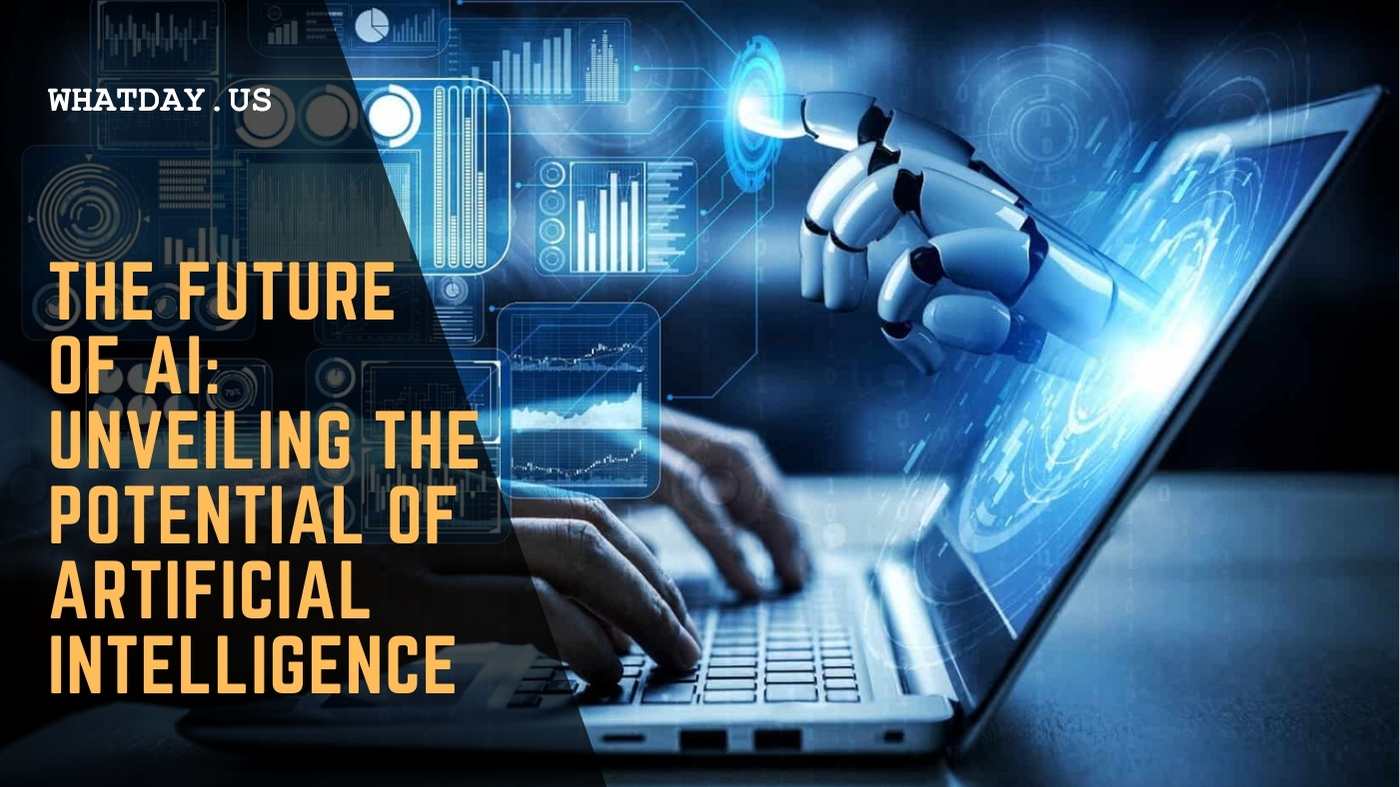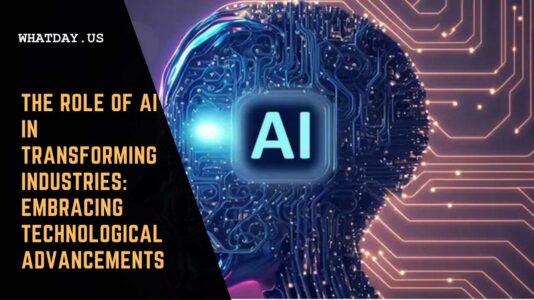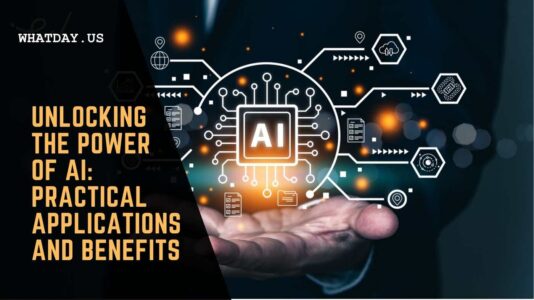Artificial intelligence (AI) has rapidly evolved from a futuristic concept to a tangible reality, transforming industries and revolutionizing our daily lives. This article delves into the captivating realm of AI. Exploring its boundless potential and the profound impact it is poised to make in the years to come.
The Essence of AI: Understanding the Core Principles
At its core, AI encompasses a range of techniques and algorithms that enable machines to simulate human intelligence. These techniques empower machines to analyze data, learn from experiences, adapt to changing circumstances, and make informed decisions. AI’s multifaceted nature allows it to tackle complex tasks that were once exclusively within the domain of human capabilities.
AI’s Revolutionary Impact: Transforming Industries and Empowering Humanity
The integration of AI into diverse sectors has spurred groundbreaking advancements and unprecedented efficiency. Healthcare has witnessed the emergence of AI-powered diagnostic tools that provide accurate and timely insights, leading to improved patient outcomes. In the financial realm, AI algorithms analyze vast amounts of data to detect fraudulent transactions, ensuring the integrity of financial systems. Moreover, AI has revolutionized manufacturing processes, optimizing production lines and enhancing product quality through real-time monitoring and predictive maintenance.
Key Trends Shaping AI’s Future: A Glimpse into the Crystal Ball
As we look ahead, several prominent trends are shaping the future of AI. The increasing availability of data, coupled with advancements in computing power, is fueling the development of more sophisticated AI models. Additionally, the convergence of AI with other emerging technologies, such as 5G networks and the Internet of Things (IoT), promises to unlock new possibilities and drive innovation across industries.
Ethical Considerations: Navigating the Uncharted Waters of AI
While the potential of AI is immense, its rapid advancement also raises important ethical questions. As AI systems become more autonomous and integrated into our lives, it is essential to address concerns related to privacy, bias, and accountability. Robust ethical frameworks and regulations are crucial to ensure that AI is developed and deployed responsibly and beneficially.
FAQs: Illuminating the Nuances of AI
- What are the primary components of AI?
AI encompasses a combination of techniques and algorithms. Including machine learning, deep learning, and natural language processing, which enable machines to simulate human intelligence and perform complex tasks.
- How can AI benefit various industries?
AI’s applications span across numerous industries, including healthcare, finance, manufacturing, and transportation. It enhances operational efficiency, improves decision-making, and provides valuable insights by analyzing vast amounts of data.
- What are the ethical considerations associated with AI?
As AI becomes more prevalent, addressing ethical concerns is paramount. These concerns encompass privacy, bias, accountability, and the potential impact of AI on employment and society as a whole.
- How can individuals prepare for the AI-driven future?
To thrive in an AI-driven world, individuals should embrace lifelong learning and develop skills that complement AI’s capabilities. This includes fostering creativity, critical thinking, and the ability to collaborate effectively with AI systems.
Conclusion: A Brave New World of AI-Enabled Possibilities
The future of AI holds boundless promise. With the potential to transform industries, empower individuals, and solve some of society’s most pressing challenges. However, as we venture into this uncharted territory. It is imperative to navigate the ethical complexities and ensure that AI is deployed for the betterment of humanity. By striking a balance between innovation and responsibility, we can harness the transformative power of AI to create a world where technology and human ingenuity converge to build a brighter future for all.




